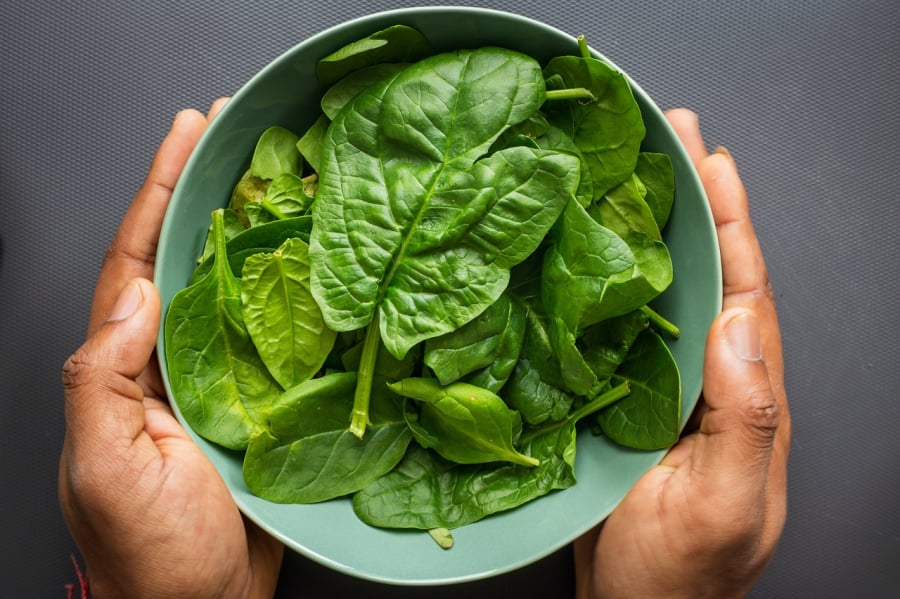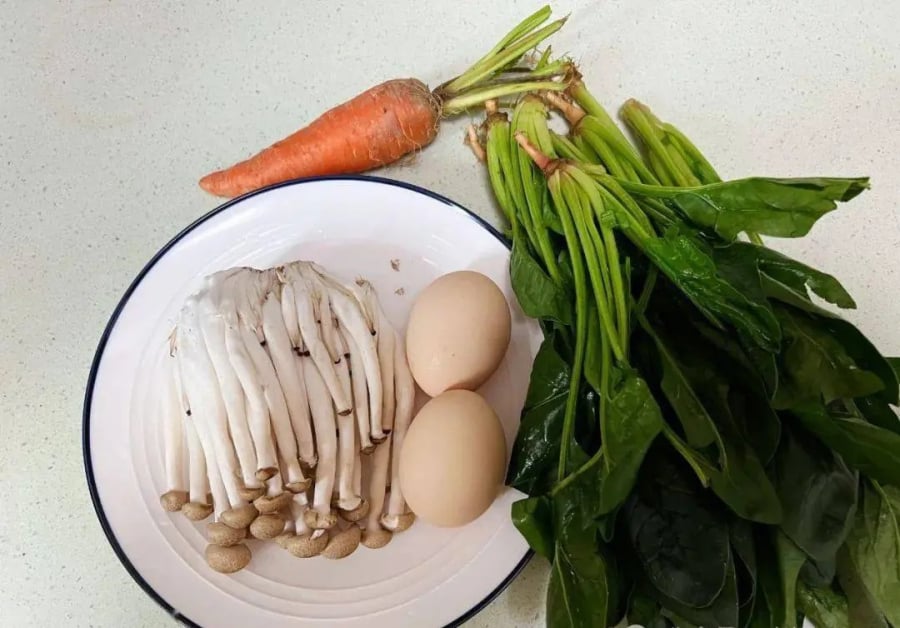Many people are unaware of the nutritional value of beetroots and tend to discard them during preparation. This article will shed light on the amazing benefits of this vegetable, from its leaves to its roots.

Beetroot, also known as spinach beet, is a vegetable packed with nutrients from root to tip.
1. Nutritional Value of Beetroot
Beetroot leaves are an excellent source of vitamins A, C, and K, as well as minerals like iron, calcium, and magnesium. These nutrients boost immunity, support bone health, and improve vision.
Beetroots also contain antioxidants such as lutein and zeaxanthin, which combat aging and protect cells from free radical damage.
The roots of beetroots are typically pinkish-red and are rich in betacyanin, an anti-inflammatory compound that enhances blood circulation.
Additionally, the roots are a good source of fiber and trace minerals like potassium and manganese, which aid digestion and help regulate blood pressure.
2. Health Benefits of Beetroot
Beetroots are naturally rich in nitrates, which dilate blood vessels, improve blood flow, and reduce the risk of cardiovascular diseases.
The fiber content in both the leaves and roots of beetroots stimulates intestinal motility, prevents constipation, and promotes efficient digestion.
With low calories and abundant nutrients, beetroots are an ideal choice for those looking to lose weight while still maintaining adequate energy levels.
The vitamin C and antioxidants in beetroots strengthen the body’s defense against pathogens, especially during the colder seasons.
3. Why Do Many People Remove Beetroot Roots?
The nutritional value of beetroot roots is often overlooked, leading many to discard them during food preparation. Some common reasons include:
- Lack of Knowledge: The roots appear small, unappealing, and are mistakenly believed to be inedible.
- Improper Handling: The roots tend to be muddy and challenging to clean, leading some to opt for removal.
However, with proper cleaning and preparation, beetroot roots can be a nutritious addition to various delicious dishes.
Utilizing Beetroot from Leaf to Root

Ingredients for preparing beetroot
Soak beetroots in a dilute salt water solution for about 10 minutes, then rinse each root thoroughly under running water to remove any remaining dirt.
- Garlic Stir-Fry: A quick and easy dish that retains the natural sweetness of the vegetable.
- Salad: Fresh beetroot leaves tossed with olive oil, chia seeds, and dried fruits make a healthy salad.
Beetroot Roots
- Soup: Beetroot roots can be cooked with minced meat or shrimp, creating a nutritious and flavorful broth.
- Boiling or Steaming: After boiling, the roots can be served with a dipping sauce or used in salads.
Precautions When Using Beetroot
Beetroots contain oxalates, which can interfere with calcium absorption if consumed in excessive amounts. Therefore, it is advisable to pair beetroots with vitamin D-rich foods to enhance calcium absorption.
If you have a history of kidney stones, avoid consuming raw beetroots too frequently.
Beetroots are not just nutritious but also a “complete” food, offering benefits from root to leaf. Instead of discarding the roots, incorporate them into your meals to unlock their full potential. Include beetroots in your daily diet to maximize their nutritional value and experience their positive impact on your health!
Eating turnips in winter is great, but avoid these 6 foods to protect your body
Beets are a nutritional powerhouse packed with vitamin C and fiber. They have soothing properties that can help calm the stomach and promote digestive regularity. Additionally, beets can boost your immune system and increase your overall resistance to illness. When consuming beets, it is advisable to avoid combining them with certain foods as they may have a negative impact on your health.






























